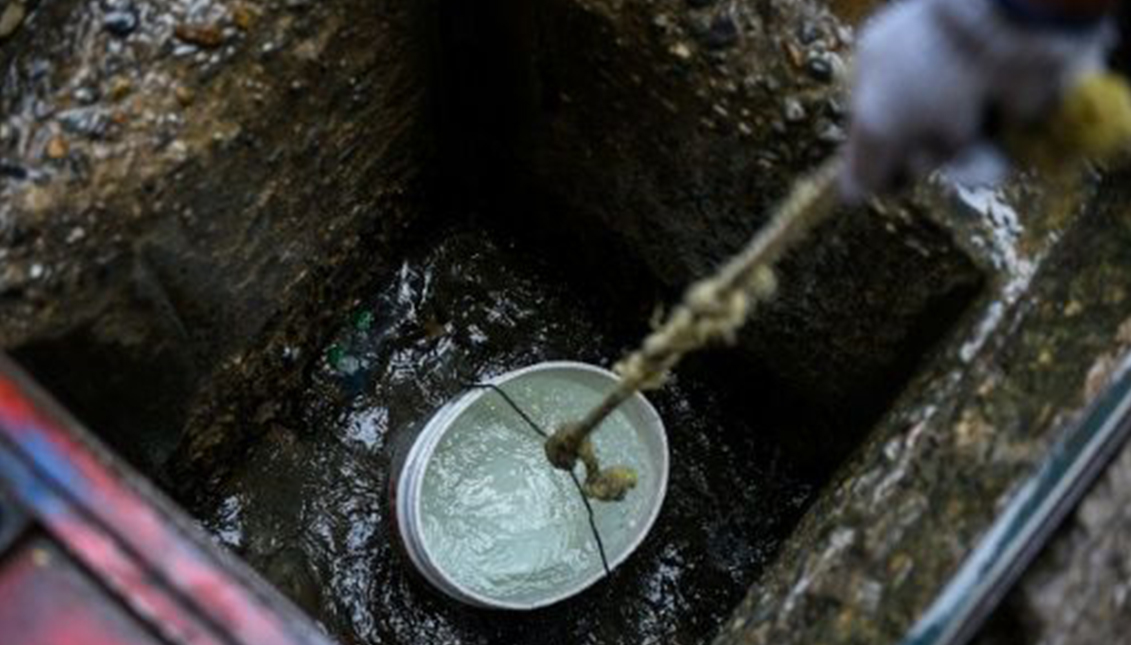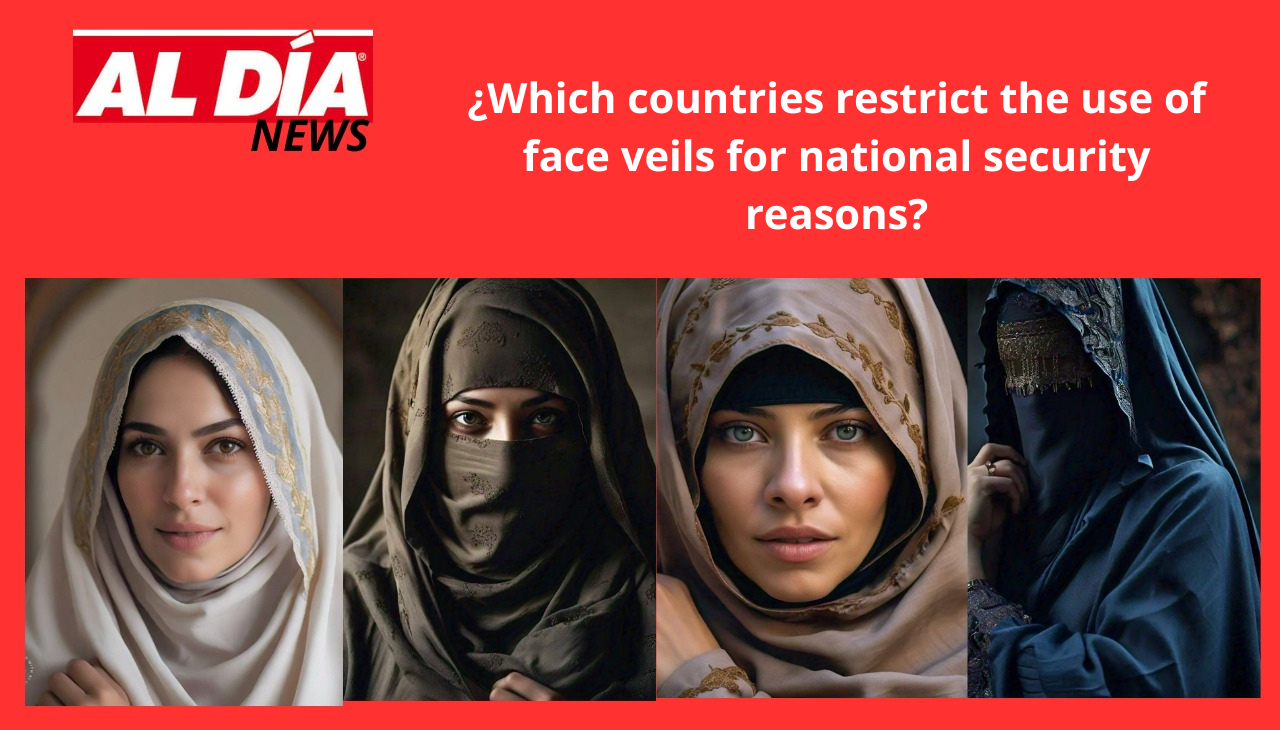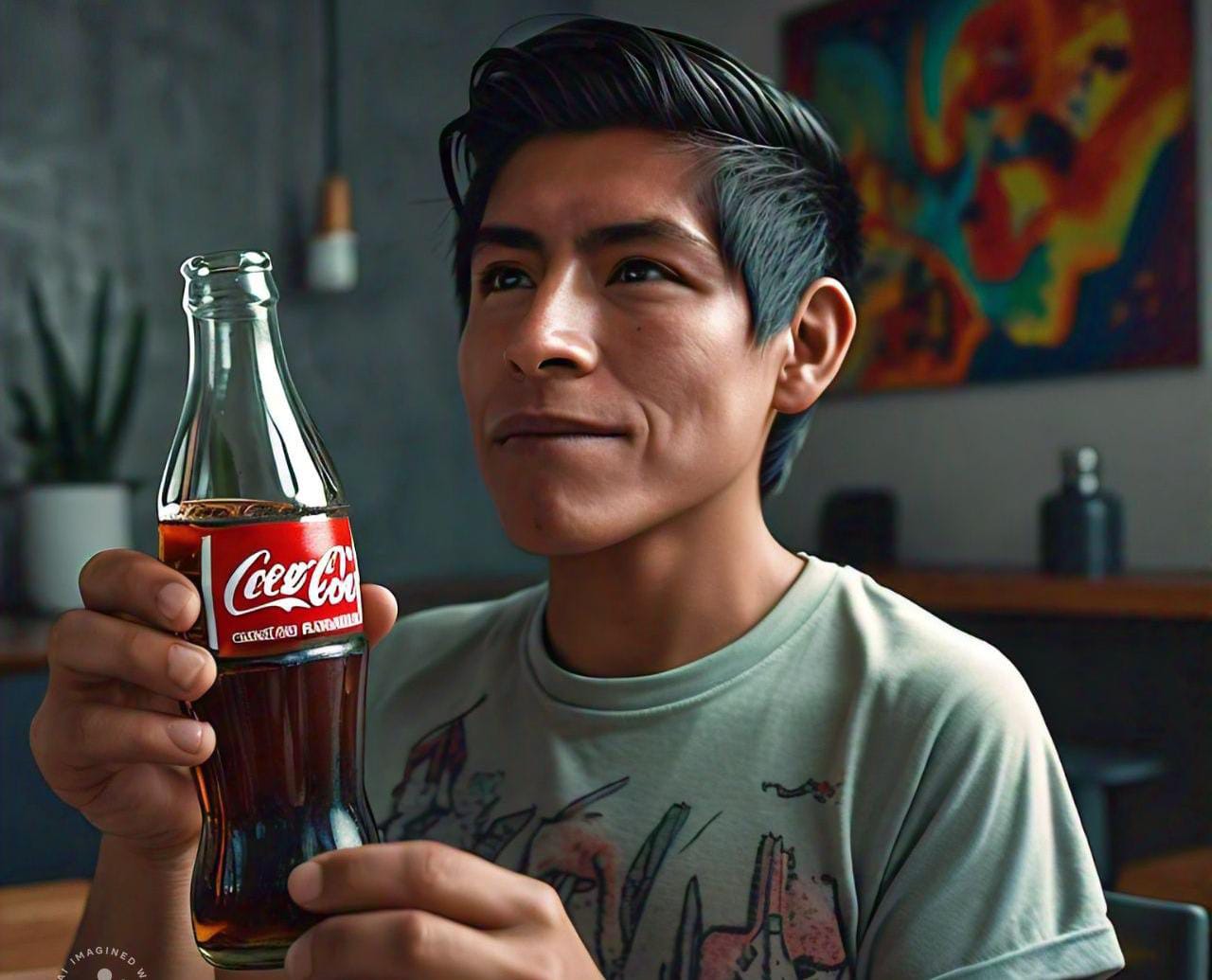
"Housing for rent with a well": The desperate search for water in Venezuela
Only 26% of Venezuelan households receive water daily in their homes; thirst and supply problems have led many citizens to become dowsers.
For more than a year, when the first major national electricity blackout occurred in Venezuela, turning on the tap and letting the water run has become impossible for many citizens and only intensified during the COVID pandemic.
According to a recently published survey by the Universidad Católica Andrés Bello, only 26% of households receive water on a daily basis. In some areas of the country, water can go for days, weeks or even months without supply.
While many households used to have plastic tanks to store water, these are no longer sufficient to quench thirst in a crisis that is dragging on. Venezuela is now a country of desperate dunghills facing a terrible irony: they walk with dry throats and under their feet there are numerous alluvial deposits constantly fed by the frequent and copious rains.
The crude oil wells are no longer as worrying as those other wells, the aquifers. This is not only the case in isolated areas, but also in Maracaibo and Caracas, the capital, where real estate companies must usually answer a question that would seem strange to any of us: "Does this building have a well?"
"Apartments with wells sell and rent much faster," one Caracas real estate agent told the BBC.
Digging wells has been a growing trend among the wealthy classes for about a year now, and it is mutating the urban landscape so the precious transparent liquid can be extracted from the underground reservoirs that run through cities like Caracas.
But not everyone can afford it.
On the slopes of Cerro Avila, the mountain that presides over Caracas, is where the best quality water can be found, and also the most expensive residential areas.
Luxurious condominiums whose owners turn to the flourishing business of engineering consultants to conduct preliminary studies of the land and analyses of the water's quality with a view to an expensive drilling operation, which in some cases exceeds 100 meters in depth.
In that way, something as rustic in appearance as a well can cost up to $25,000.
"In the past, our customers used to be cattle farmers in the interior of the country. Now we work mainly for caraqueños who want to have running water again," sa one engineer.
RELATED CONTENT
But it's no longer just the rich. In the city's poorest areas, desperation over the lack of an essential public service has spread waterworks fever, and residents are organizing as much as they can to finance the construction of a well.
In Petare, considered the largest neighborhood in Latin America, more than half a million people live, all thirsty.
"In this June, rainwater comes faster than water from pipes. For 45 days not a drop has come out of the taps, and before that period, the Petareños only received four hours of service, after spending another 35 days dry as camels. If we add up, in 80 days they have had four hours of water coming out of the taps and a little bit that fell from the sky on May 26. The rest of the time they have to get supplies from the springs in Ávila, or buy them in dollars from the drivers of the water trucks and from those who have become a kind of water miner," reported journalist Mabel Sarmiento for Cinco 8.
According to Sarmiento, the situation has reached such a point that some residents have begun to make "holes in the rooms" to extract water from the ground, the same water they take out to bathe and wash their clothes, but not to drink.
"To quench their thirst and cook, the market has options like the 18 to 20-liter bottle, which costs 200,000 bolivars, half the minimum wage. It can be refilled in certain houses, for 120,000, but you have to wait in line for two or three hours," said the journalist.
In municipalities like Chacao, in Caracas, even the mayor himself has ordered public wells to be drilled so that people can get supplies. All this is despite the fact that the government announced in May that it would be supplying the most vulnerable people with tanker trucks.
Meanwhile, Venezuelans continue to rush to fill their buckets with no simple solution and no plan to recover the water system or investment on the horizon.











LEAVE A COMMENT:
Join the discussion! Leave a comment.